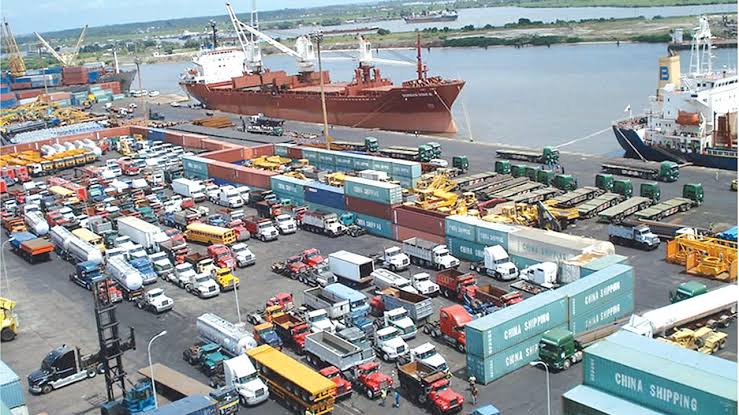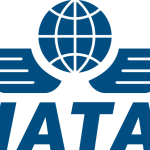Lekki Port’s strategic location within the Lagos Free Zone (LFZ) with its advanced automation, streamlined customs operations has made it to become a major trade gateway in West Africa.
Highlighting its role in advancing Nigeria’s economy through its integration of the Lagos Free Zone with the nation’s blue economy, the Deputy Chief Operating Officer of the port, Daniel Odibe, said that efficient cargo movement and collaborations with agencies like the Nigerian Customs Service (NCS) had positioned the port as hub of shipping.
At the 17th Nigeria International Maritime Ports and Terminals Conference and Expo (NIMPORT 2024), held from October 29th to 31st at the NIGAV Expo Centre, Murtala Muhammed International Airport, Lagos.
Themed “Charting the Course for the Optimisation of Nigeria’s blue economy 2,” Odibe explained that Lekki Port was at the forefront of fostering economic growth by aligning the benefits of free zones with sustainable practices.
He said: “We leverage stateof-the-art technology and strong partnerships to facilitate seamless cargo movement, which supports the goals set at NIMPORT 2024 for advancing Nigeria’s blue economy and enhancing maritime efficiency.”
Lekki Port is the largest seaport of Nigeria and one of the biggest in West Africa. Lekki port is to be expanded to have a capacity of handling around 6 million TEUs of containers and a significant volume of liquid and dry bulk uncontainerized cargoes.
The port is to be equipped with ships able to transport over 14,500 containers. Odibe pointed out that the advantages port offers due to its location within Nigeria’s free zones, which enables costeffective logistics and more efficient export operations, stressing that its proximity to multiple Free Trade Zones provides cost advantages and improved inventory management for businesses, easing access to both domestic and international markets.”
He explained that Lekki Port was developing a Port Single Window (PSW)and Port Community System (PCS) to improve connectivity within the maritime sector.
According to him, these systems align with NIMPORT 2024’s vision for a more integrated and efficient maritime ecosystem, aiming to streamline port operations, increase transparency, and enhance inter-agency collaboration. He described Lekki Port as a strategic opportunity within Nigeria’s maritime industry, adding that it offers substantial prospects for investors looking to engage with Nigeria’s expanding blue economy.
Odibe noted: “Our efforts align with national economic goals and strengthen Nigeria’s position in global trade.” A few months ago, a news report emerged quoting the management as disclosing that the port received 75 vessels, including the first LNG-powered vessel and the largest ship to enter Nigerian water measuring 366 LOA and handled 100, 000 containers between April 2023 and April 2024.
Announcing this in a post on its official LinkedIn social media platform, the port said the feat demonstrated its ability to support global trade effectively.
The port noted that with the capacity to handle,14,000 twenty equivalent units container vessels, it embarked n transhipment activities in June 2023, facilitating over 25,000 transhipments to date.
Expressing gratitude for the support received, the port acknowledged the Nigerian Ports Authority for providing marine services and tug boats.







